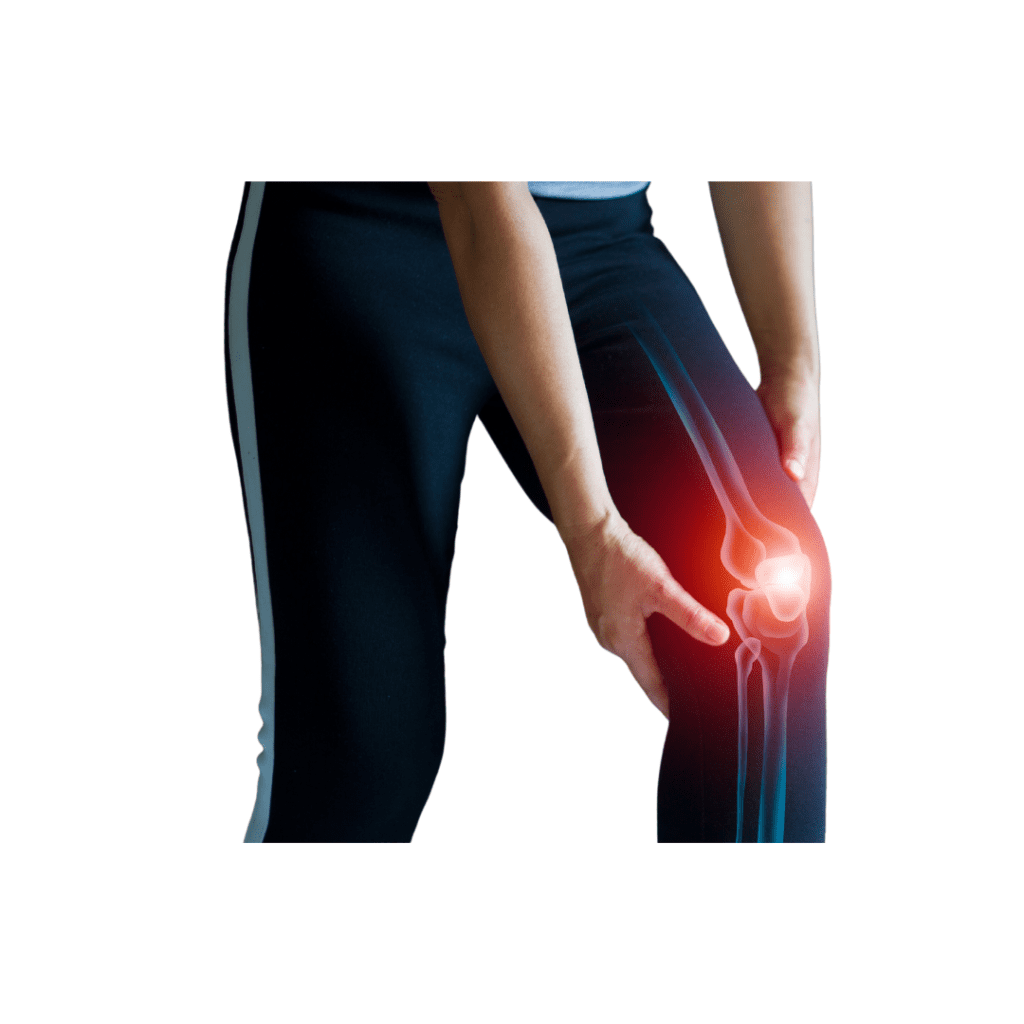BEST KNEE PAIN DOCTOR IN HYDERABAD
DON’T LET YOUR KNEE PAIN AFFECT THE QUALITY OF YOUR LIFE?
RECLAIM YOUR LIFE NOW!
What is Knee Pain?
Knee pain is the discomfort in the knee that may cause mild to severe pain. A person who suffers from knee pain often becomes sluggish to perform his or her daily activities.
Impact Orthopaedic Center is renowned for using cutting-edge technology for the diagnosis and treatment of all types of debilitating and excruciating knee pain.
What Are The Conditions Of Knee That Causes Knee Pain?
The knee is the area that joins the bones of the thigh and the legs. It also has a bone-specific to the area called knee cap along with other muscles, tissues, cartilage and bursae. The most common causes of knee pain include:
- Knee Arthritis: This may be caused by wear and tear of the knee cartilage called osteoarthritis or by an autoimmune disease called Rheumatoid arthritis
- Knee Ligament Injuries: These are caused by blows to the knees or due to the indulgence in high energy work
- Torn Knee Cartilages (Meniscus): It occurs due to wear and tear especially in the elderly and aged people.
- Patellar Tendonitis and Tear : This is inflammation in the knee. It is the most common injury in sportspersons. It is caused by tearing of the tendon due to repetitive usage of the knee in a certain posture
- Patellofemoral Pain Syndrome: This is most common among young adults and is usually caused by vigorous activities that put stress on the knee.
- Chondromalacia Patella: This is the result of overuse of the knee or an injury, causing the cartilage behind the knee cap to soften and wear away
- Baker’s Cyst: Also caused by meniscus, it is a swelling in the back of the knee joint which causes a sense of tightening
- Prepatellar Bursitis: Inflammation of the bursae present in and around the bones and tissues in the knee joint
- Iliotibial Band Syndrome: Inflammation of the thick fibre collection that run along the outside of the thigh
- Some other rare causes of knee pain are: Dislocation of Kneecap, Gout, Plica Syndrome, Osgood-Schlatter Disease, Osteochondritis Dissecans, Knee Joint Infection, Kneecap Fracture, Bone Tumor
How Is The Cause Of A Knee Pain Diagnosed?
Many knee conditions can be diagnosed by checking the physical condition of the knee area as well as the movements associated with it such as the range of its motion, stability, knee pain-causing activities, swellings, etc.
A medical history of the patient also helps in determining the cause of the knee pain.
Other diagnostic methods include:
- Blood tests: Helps in checking the presence of bacteria, anti-bodies, and uric acid crystals and the cause of infections and inflammation.
- X-Ray: Used for the detection of abnormalities in the bone structure such as fractures
- Magnetic Resonance Imaging (MRI) and Computerized Tomography (CT)Scan: This gives a clearer picture of the abnormalities in bones, the muscles, tissues, and the space between them.
What Are The Treatments To Relieve Knee Pain?
Treatment of knee pain, based on the diagnostic reports can range from oral medication to surgeries.
The kind of treatments are listed below:
- Rest: Sometimes, this is the only remedy for the knee pain
- Ice: Applying a pack of ice for 15-20 minutes for a few days in the affected may help relieve the pain
- Support: A knee brace for knee stability or a cast for knee-cap fractures may be recommended
- Oral Medicine and injections: These are recommended in the event of mild pains that do not require any physical treatment
- Surgery: Surgeries are recommended only in the cases of advanced knee osteoarthritis, Chronic knee dislocation, Anterior, and posterior cruciate ligament injuries, Certain knee fractures, and Infected knee joints. These sometimes require surgical drainage.
FREQUENTLY ASKED QUESTIONS
Knee pain caused by bursitis, arthritis, tears in the ligaments, osteoarthritis, or instability are common knee problems. Symptoms in a number of ways, including mild aches, severe pains, stiffness, swelling, and imbalance.
For the timely treatment of major knee disorders, it is important to identify signs such as severe discomfort, swelling, limited movement, or instability. Consultation with an orthopedic doctor for the right diagnosis and treatment.
Rest and exercise can be effective in relieving knee pain naturally. However if the condition prevails for a prolonged period, it is advised to consult a orthopedic doctor and get the right treatment.
Knee pain doctors advise resting on your back with a pillow under your knees to keep your knees in the correct position and reduce pressure as you sleep. Consulting with an orthopedic doctor and getting the diagnosis and treatment can help ease knee pain. The doctor’s advice about ideal sleeping positions and the proper use of supporting devices may significantly improve sleep quality and reduce knee discomfort.
Walking is exercise that has many benefits. It helps boost overall health and joint health. Walking can reduce and prevent knee pain . Do not over do it. Follow a physiotherapist’s advice and walk with care to improve the quality of life.
A note from Impact Orthopedic Center :
Don’t let knee pain sideline you from the activities you enjoy. While some knee pain responds well to self-care measures like rest, ice, and pain relievers, persistent pain requires professional evaluation. If your knee pain interferes with daily activities, lasts longer than a few weeks, or worsens progressively, consult with an orthopedic doctor. Early diagnosis and proper treatment can significantly improve your condition and get you back on your feet, pain-free.
Our highly skilled and experienced doctors utilize the latest advancements in diagnosis and treatment to provide the most effective solutions for knee pain. At Impact, we’re dedicated to helping you achieve a pain-free life and regain a better quality of life. Book your appointment today.

